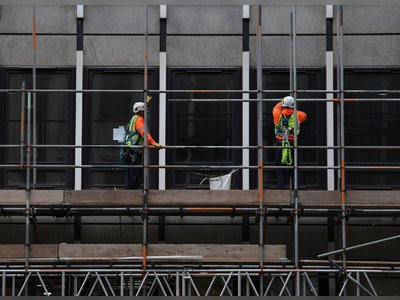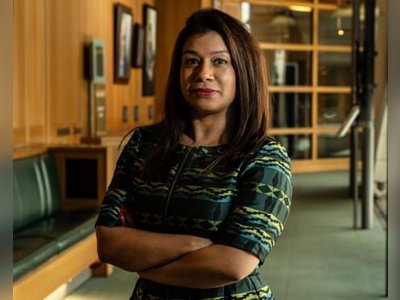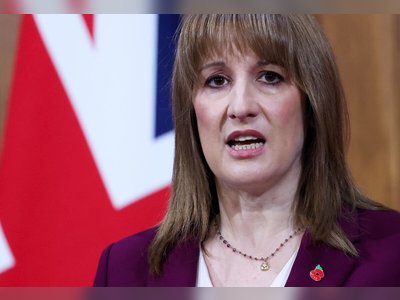UK Prime Minister Sir Keir Starmer Promises ‘Full-Time’ Education for All Children as School Attendance Slips
Leader sets out major commitment to raise compulsory schooling age amid concern about disengagement in key early years
Prime Minister Sir Keir Starmer announced that his government will introduce legislation to raise the school-leaving age to 18 and extend full-time education or training for all young people by the early 2030s, amid mounting concerns over attendance and engagement in primary and secondary schools.
The move comes after data showed a substantial increase in the number of children aged six and seven missing significant chunks of school time, prompting fears of permanent disengagement and long-term economic consequence.
In response the government has pledged to expand early-years support and invest in catch-up programmes to tackle foundational gaps in numeracy and literacy.
Under the plan, all students will either be enrolled in formal education until 18 or participating in a certified apprenticeship or training scheme.
The legislation is expected to be introduced in Parliament during next year’s session, with phased implementation beginning from 2028. Sir Keir emphasised that full-time learning until 18 is essential to rebuilding Britain’s economic strength and allowing every young person to fulfil their potential.
Education Secretary will publish detailed proposals this winter, including funding models, accountability measures and new attendance targets for schools.
The prime minister described the policy as part of his broader “plan for change” which also encompasses the National Health Service, infrastructure and economic growth.
His government views the reform as a fundamental step in closing the opportunity gap especially for children from disadvantaged backgrounds and enhancing social mobility.
Though welcomed by many education leaders as a bold step, the initiative faces scrutiny over its cost, the capacity of the further-education sector and how schools will manage the extended responsibility for older teenagers.
The government has vowed to support schools, colleges and training providers during the transition to ensure the ambition translates into improved outcomes for young people.
With just weeks until the next budget, ministers are under pressure to commit the necessary funding to deliver the reforms and restore public confidence in the state education system’s ability to deliver for every learner.
The move comes after data showed a substantial increase in the number of children aged six and seven missing significant chunks of school time, prompting fears of permanent disengagement and long-term economic consequence.
In response the government has pledged to expand early-years support and invest in catch-up programmes to tackle foundational gaps in numeracy and literacy.
Under the plan, all students will either be enrolled in formal education until 18 or participating in a certified apprenticeship or training scheme.
The legislation is expected to be introduced in Parliament during next year’s session, with phased implementation beginning from 2028. Sir Keir emphasised that full-time learning until 18 is essential to rebuilding Britain’s economic strength and allowing every young person to fulfil their potential.
Education Secretary will publish detailed proposals this winter, including funding models, accountability measures and new attendance targets for schools.
The prime minister described the policy as part of his broader “plan for change” which also encompasses the National Health Service, infrastructure and economic growth.
His government views the reform as a fundamental step in closing the opportunity gap especially for children from disadvantaged backgrounds and enhancing social mobility.
Though welcomed by many education leaders as a bold step, the initiative faces scrutiny over its cost, the capacity of the further-education sector and how schools will manage the extended responsibility for older teenagers.
The government has vowed to support schools, colleges and training providers during the transition to ensure the ambition translates into improved outcomes for young people.
With just weeks until the next budget, ministers are under pressure to commit the necessary funding to deliver the reforms and restore public confidence in the state education system’s ability to deliver for every learner.









